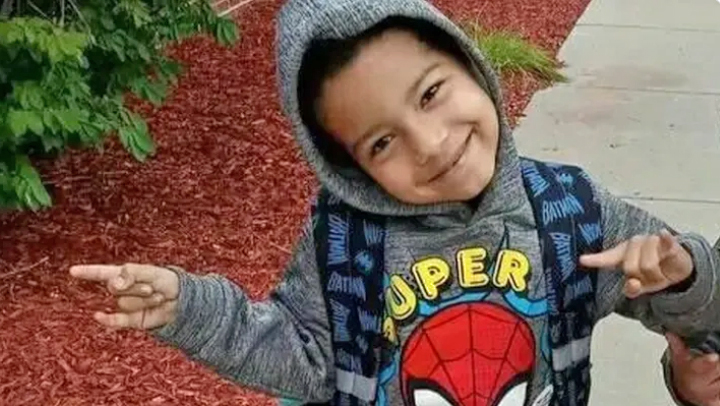When a child is missing, every second counts, and every action or inaction can mean the difference between life and death. For Prince McCree’s family and neighbors, the realization that our system failed to rally the Milwaukee community in the search for the 5-year-old when he was reported missing on Oct. 25 is a bitter pill we’re still struggling to swallow.
For Prince McCree’s family and neighbors, the realization that our system failed to rally the community in the search for the 5-year-old when he was reported missing is a bitter pill we’re struggling to swallow.
The Amber Alert, which involves informing an entire community or region about an abducted child, is supposed to protect children. It should have been used for Prince, whose body was found in a dumpster near his home on Oct. 26.
But, as they stand now, Wisconsin’s criteria for activating an Amber Alert are rigorous and require clear evidence of abduction, a description of a suspect or a suspect’s vehicle, and the belief that the abducted child is in imminent danger. It wasn’t clear who the suspects were when Prince disappeared, but that didn’t negate the urgency of his situation. It didn’t reduce the desperation of a family begging for help, nor did it diminish the community’s willingness to rally.
Updating the resources available to locate missing children would offer a vital consolation, expand the tools used by law enforcement, and ensure the neighborhood is alerted to the situation.

Prince McCree’s parents found out the hard way, as many other parents have, that the Amber Alert system’s criteria are frustratingly narrow. When a child vanishes, the vortex of fear and confusion a family endures is compounded by an agonizing crash course in the mechanics of this alert system.
While these criteria are intended to prevent desensitization to (or an overabundance of) alerts, they also have the effect of casting aside cases like Prince’s, where there is uncertainty around what exactly happened to the child. For Prince’s grieving family and all those who have been thrust into the abyss of a missing-child case, this realization comes as a brutal lesson in bureaucracy at a time when every second feels as precious as the life that may be on the line.
I can’t think of a worse way to insult a parent in crisis than to tell them that the abduction of their child doesn’t meet the guidelines for such an alert.
I can’t think of a worse way to insult a parent in crisis than to tell them that the abduction of their child doesn’t meet the guidelines for such an alert, an alert we have been made to believe will be used to find our child if it’s ever needed.
Prosecutors have charged two people, a 27-year-old and a 15-year-old who lived in the same multifamily home as Prince’s family, with Prince’s death. According to the criminal complaint, the boy’s mother kept him home from school on Oct. 25 because he was sick. And, as she often did, the complaint says, she let the boy play video games with one of those neighbors in the basement. After she awoke from a nap, her child was gone.
I was shocked to learn that when Prince’s body was discovered, some of our neighbors were wholly unaware that a child was even missing. This cannot happen again, and we hold a collective responsibility to ensure that it does not.

The numbers tell a harrowing truth: Since 2003, Wisconsin has only issued 57 Amber Alerts. In Milwaukee alone, hundreds of children have gone missing during that time. The system, in its current form, is failing them.











